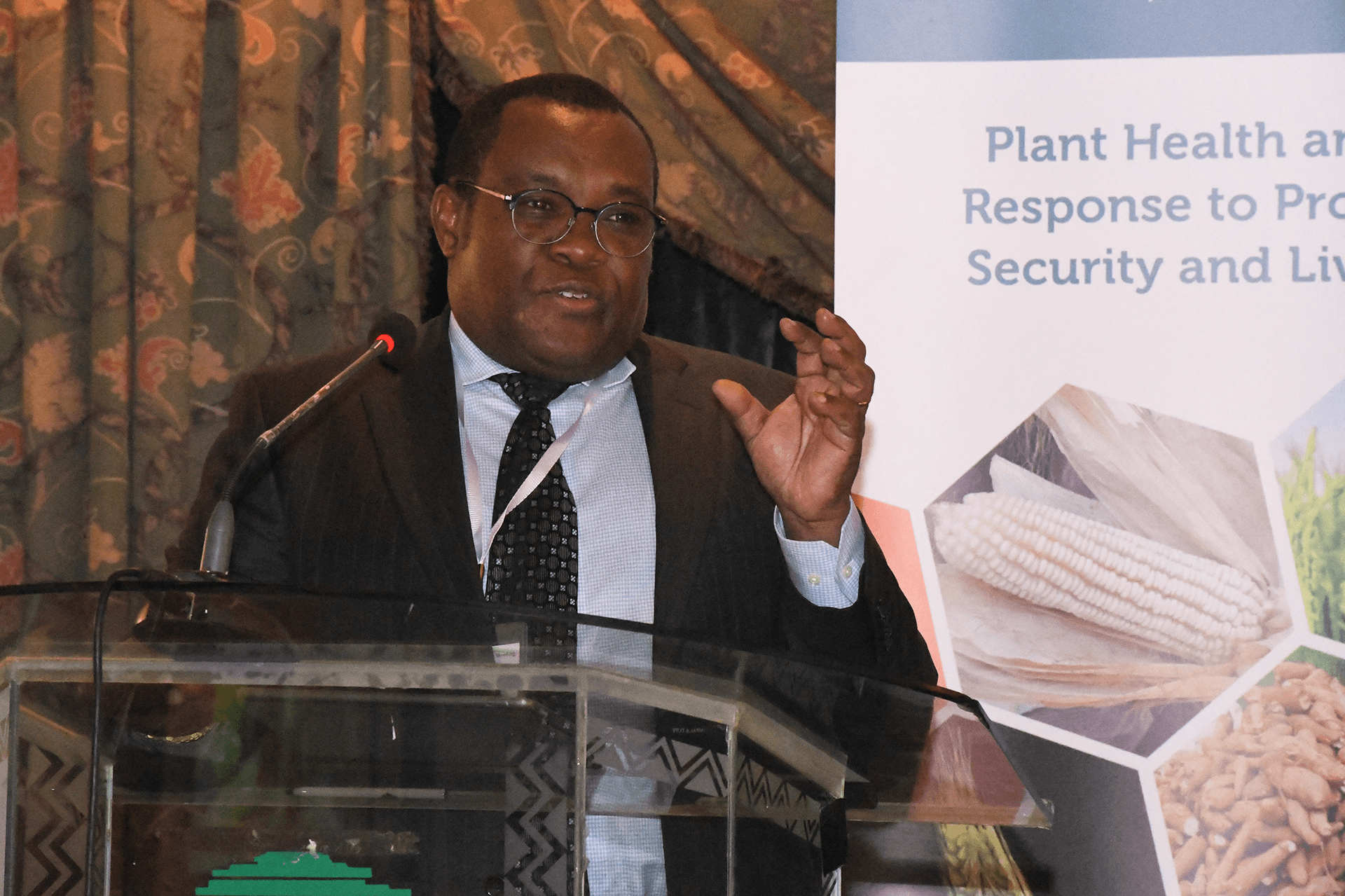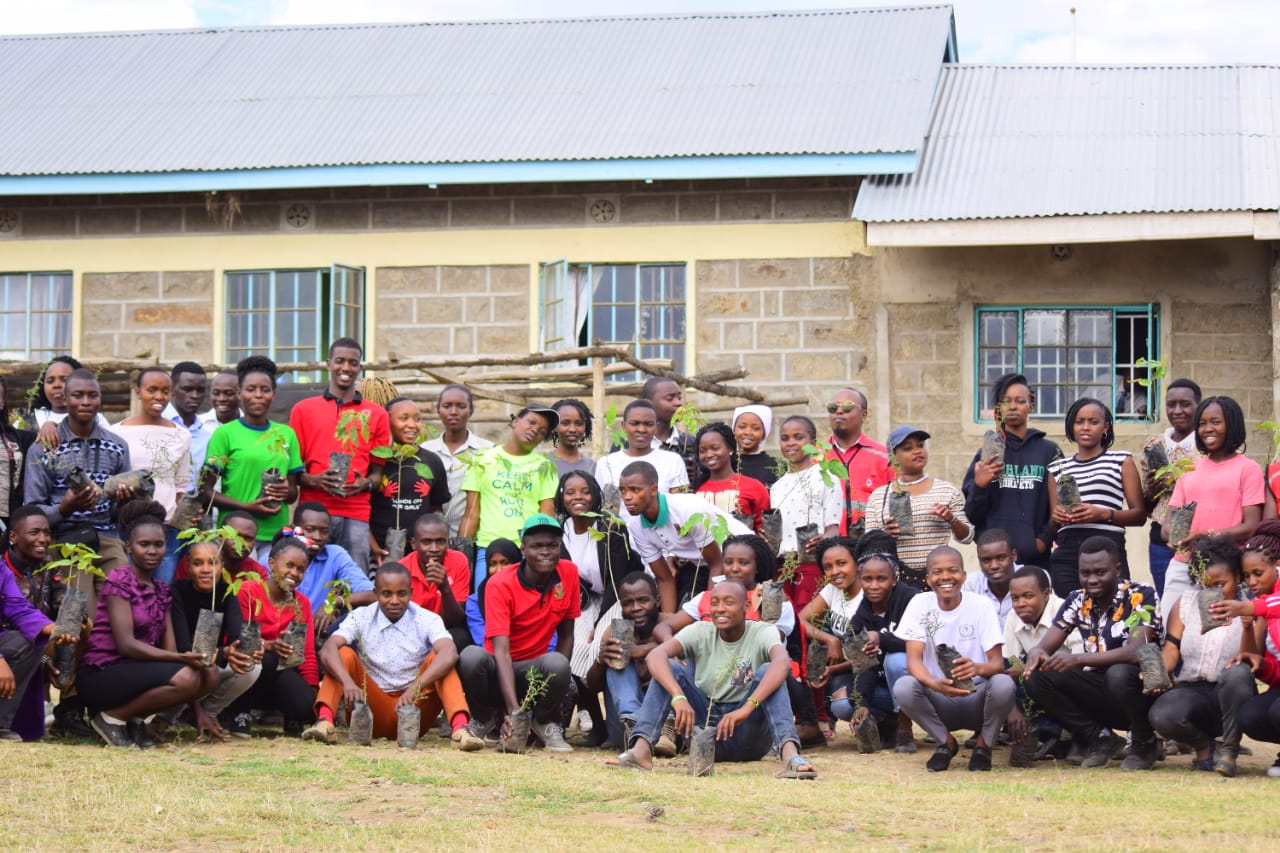Global Scientists have suggested a Plant Health initiative, aiming at increasing food productivity thus boosting economic development.
Scientists observed that the initiative works best by protecting agriculture-based economies of low and middle-income countries in Africa, Asia and Latin America from devastating pest incursions and disease outbreaks.
They noticed that the initiative shall also reduce threats that cause 10–40 percent losses to major food crops, costing the global economy approximately US$ 220 billion.
Speaking Thursday at a Nairobi hotel during the commemoration of the first International Day of Plant Health, Secretary Research and Innovation, State Department for Crop Development and Agricultural Research Oscar Magenya said the initiative shall identify the need for a holistic and multi- institutional implementation of activities preventing entry, establishment and spread of invasive pests, and mitigating the impacts of the outbreaks.
Highlighting partnerships as key to the success of the initiative, Magenya appreciated the collaboration of National Agricultural Research (NARs), working with CGIAR Centres and the Private Sector.
He noted that the government recognizes the enormous disruptions that migratory pests and invasive species could cause to our agricultural production systems, and therefore affecting livelihoods, farmer incomes, the national economy, and particularly to GDP.
“At the Ministry, the lessons we learnt following the first and second waves of desert locust invasions and the emergence and spread of invasive pests and weeds, is that there is a critical need for a well-coordinated, multi-sectoral, multi-stakeholder approach to the management of migratory and invasive pests and weeds,” he added.
Magenya commended the Ministry of Agriculture, Livestock, Fisheries and Cooperatives (MoALFC), in collaboration with other Ministries, county governments, communities and development partners, for being very instrumental in managing migratory pests.
However, he highlighted that the effectiveness of these control and management programmes have however been constrained by challenges related to institutional and coordination structure; human resource capacity; communication, knowledge and information systems; material limitation and logistical issues.
“As Government, we therefore invite the OneCGIAR Plant Health Initiative to partner with us in implementing the Migratory and Invasive Pests and Weeds manage the Strategy (2022 – 2027). On our part we are confident that the strategy will serve as a guiding framework for more effective long-term pest management support services in Kenya,” said Magenya.
Sarah M. Schmidt, Fund International Agricultural Research (FIA) Advisor, GIZ, Germany said the initiative shall help in environmental sustainability, stressing the fact that out of the food we consume, 80 percent come from the plants.
“40 percent of the plants are reportedly affected by pests every year and the pesticides we use lead to soil contamination and thus low food production,” said Schmidt adding that the best way to fight diseases is through prevention.
The scientist stressed on women empowerment in pest surveillance to inform national and regional networks, terming them as key contributors for agriculture especially in Sub Saharan Africa.
In his remarks, Director General (a.i), International Wheat and Maize Improvement Centre (CIMMYT), Mexico and OneCGIAR Agrilac Initiative Co-head Bram Govaerts said there is a need for a collective action to respond rapidly to transboundary pests.
“One of the Plant Health Initiative expectations by 2024 is that Global Plant Diagnostic and Surveillance networks, using nevel diagnostic and surveillance tools to efficiently counter existing and emerging plant health threats,” said Govaerts.
He emphasized that scientists have the potential to translate the information they got into decision making, thus minimising global production losses.
The United Nations designated May 12 as the International Day of Plant Health to raise global awareness on how protecting plant health could help end hunger, reduce poverty, protect biodiversity and the environment, and boost economic development.
Ends/


